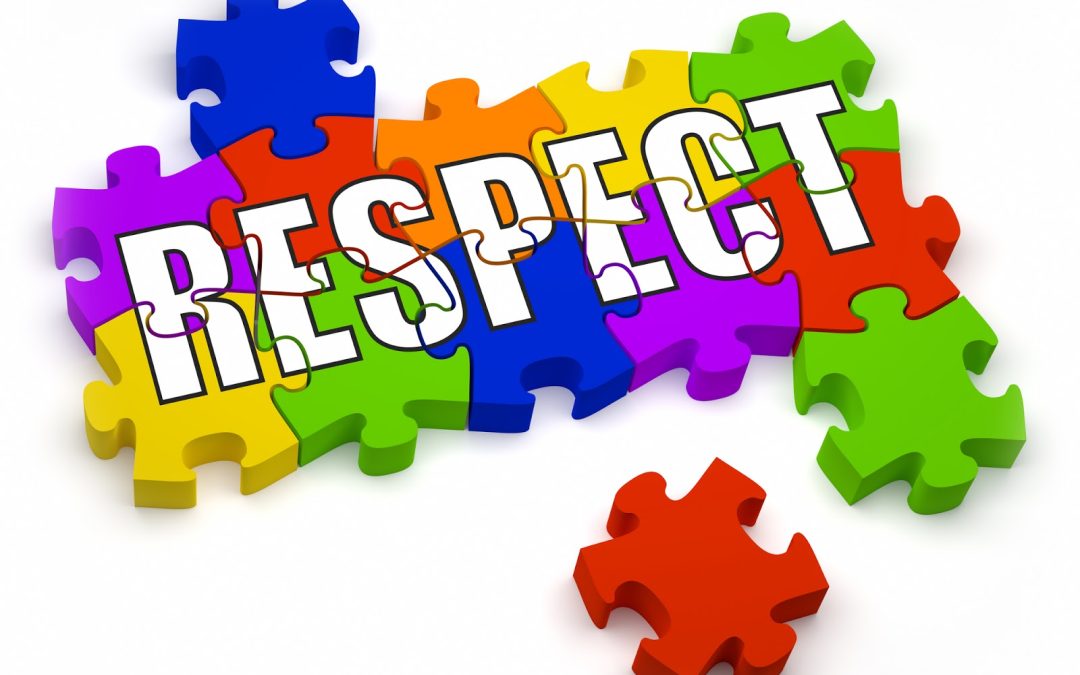Todd’s Note: We’re picking up this week with our blog series exploring the concept of “human-centered communities.”
Respect is a fundamental component of any human-centered community. It serves as the foundation for trust, cooperation, and positive relationships. When respect is deeply ingrained in a community’s fabric, it creates an environment where individuals feel safe, valued, and empowered to express themselves.
Respect in a community context goes beyond mere politeness; it involves recognizing and honoring every individual’s inherent worth and dignity. It means treating others with consideration, being mindful of their perspectives, and acknowledging their contributions. When present, respect fosters a sense of trust and mutual understanding, which are essential for any community to thrive.
Respect is also crucial in navigating conflicts and differences. Disagreements are inevitable in any community, but they can be resolved constructively when approached with respect. Respectful communication allows for healthy dialogue, where differing opinions are heard and considered without judgment or hostility.
Here are some ways to cultivate respect within a community:
1. Model Respectful Behavior: Leaders and community members should model respectful behavior in all interactions. Of course, this includes listening without interrupting, acknowledging others’ viewpoints, and approaching interactions with a positive disposition.
2. Establish Community Standards: Create community standards (in all interactions) that emphasize the importance of respect. These guidelines should be communicated clearly and upheld consistently. Make these a part of your DNA and speak it every chance.
3. Encourage Positive Communication: Promote respectful and constructive communication practices. This includes providing feedback in a considerate manner and focusing on solutions rather than problems.
4. Address Disrespectful Behavior: When disrespect occurs, it should be addressed promptly and appropriately. This could involve mediation, counseling, or other restorative practices to repair harm and restore relationships.
5. Recognize and Appreciate Contributions: Regularly acknowledge and celebrate the contributions of community members. This shows respect for their efforts and reinforces a culture of appreciation and recognition.
Respect is not just about how we treat others; it’s about creating an environment where everyone feels valued. By fostering a culture of respect, communities can build stronger, more trusting relationships and create a foundation for lasting success.

